5, July 2021
Ambassadors in limbo in Yaoundé as they await accreditation from Paul Biya 0
Having an older leader has advantages and disadvantages. It has often been said that older leaders have had the time to build up knowledge and experience that can help them accomplish their policy goals. On the other hand, they may be more likely to struggle with health issues, face concerns about how fit they are for office, and may struggle to connect with younger citizens.
There are dozens of world leaders who are well into their 70s or their 80s. But the situation in Cameroon is now very disturbing as the number of foreign embassies waiting for accreditation from President Paul Biya keeps growing, much to the dismay of those concerned.
We reported recently that Mr. Paul Biya was rushed to a Yaoundé hospital and his sycophants responded by making the 88-year-old meet Nigerian business tycoon Aliko Dangote. Cameroon Intelligence Report can now reveal that President Biya is no longer administering the executive duties of the Cameroon government.
The French Cameroun politician, who consolidated his stay in power via election tampering, has refused to let it go for decades. Biya has forced out political opponents, bribed allies, and changed the laws governing Cameroon so many times to allow him to stay in power indefinitely.
With age telling on him and his body now a colony of diseases, diplomats from other countries are in limbo in the nation’s capital Yaoundé as they await accreditation from Biya who is reportedly spending his last days at the extension of his palace in Mvomeka’a.
By Rita Akana in Yaoundé
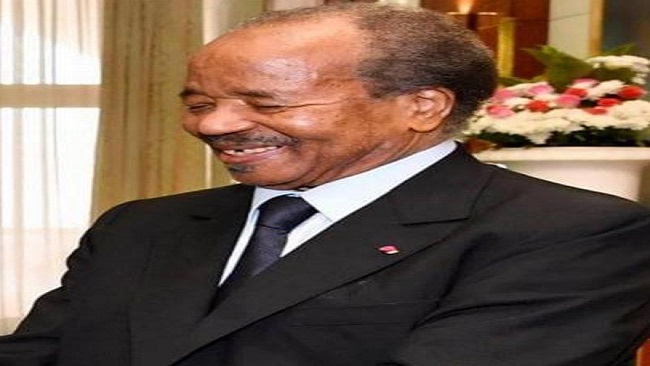

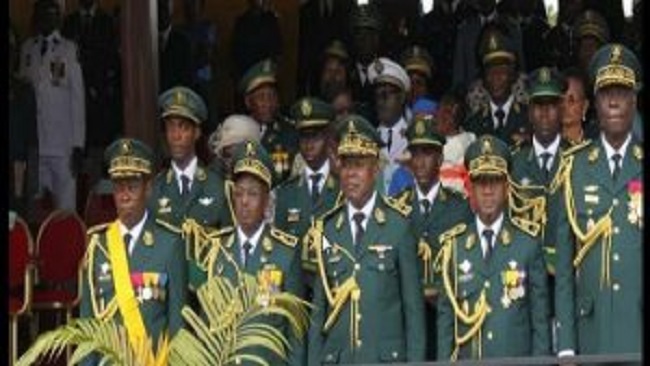
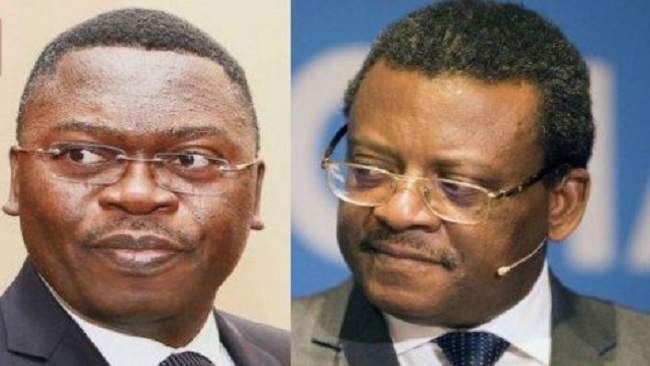
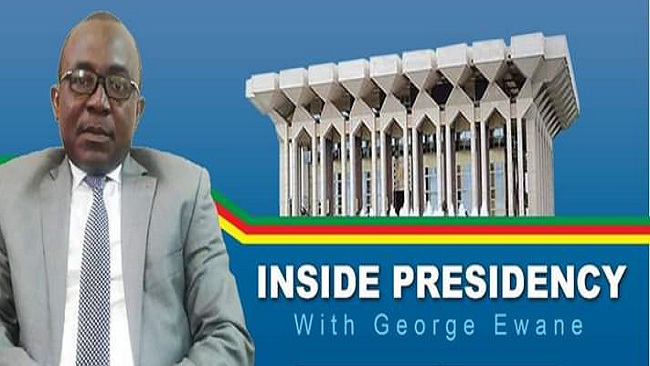

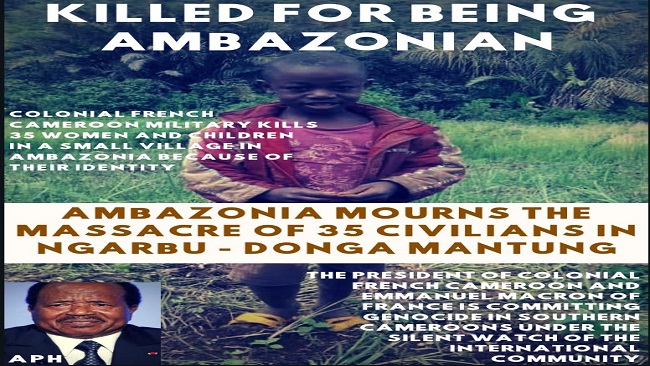
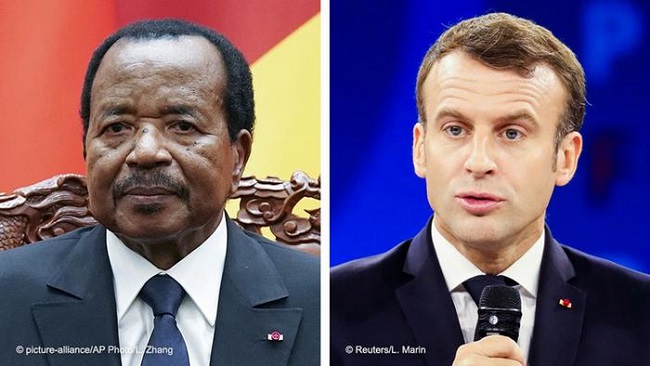
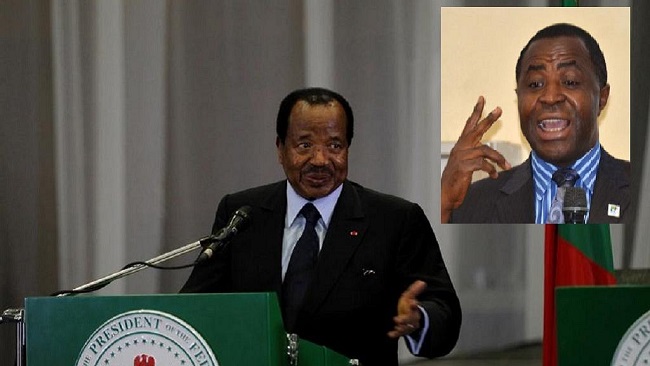














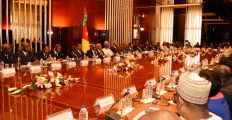


13, July 2021
Southern Cameroons Interim Gov’t committed to a political solution 0
The Vice President of the Southern Cameroons Interim Government, Dabney Yerima has stressed that the people of Southern Cameroons are committed to a political solution aimed at preserving Southern Cameroon’s unity and territorial integrity.
During an Ambazonian town hall in South Africa dedicated to discussing the recent killing of Southern Cameroons academics by the Cameroon government military, Vice President Dabney Yerima emphasized that there was an urgent need for the two Cameroons to meet in a neutral country and discuss the terms of separation. Yerima added that Southern Cameroons firm principles cannot be compromised.
Vice President Dabney Yerima further stressed that the insistence of certain world powers to not listen to the voice of Southern Cameroonians and their Interim Government and to not change their governments’ wrong Southern Cameroons policies is bringing nothing but terror, chaos, instability and looting of Southern Cameroons resources by the criminal gangs running the political affairs in French Cameroun.
Dabney Yerima also referred to the on-going ghost town operation known popularly as “Kontry Sunday” saying that such mass public participation confirms Ambazonians commitment to their country’s sovereignty, territorial integrity, and independent national choices.
The War in Southern Cameroons-Ambazonia has already claimed at least 40 000 lives, almost all of them civilian children, men and women, murdered by Cameroun troops in a series of targeted killings, organized massacres, and killings by fire in over 400 villages burnt down to ashes across Southern Cameroons-Ambazonia. Over half a million people have been forcibly displaced as refugees living in various countries and especially in refugee camps in Nigeria. Over another half a million people have become IDPs hiding in forests, caves and hills due to forced displacement. Additionally, over 1.5 million people are facing a humanitarian disaster.
Republique du Cameroun uses not only arson and the destruction of food, livestock, and crops in the fields as weapons of war. It also uses rape. Rape of Ambazonian women and girls by Cameroun troops is systematic and widespread. This agonizing situation is compounded by the fact that a high percentage of French Cameroun troops are HIV positive and also has other STDs. When they rape they infect the women and girls. This appears to be part of the genocide agenda of Cameroun. Reports are now emerging of scores of school girls raped, impregnated and infected by La Republique du Cameroun’s troops. This poses a nightmare not only of the HIV and STD infections but also of rampant teenage pregnancies. Cameroun troops have burnt down health facilities and killed health workers in rural and semi-urban areas. Accessing health facilities or health practitioners is a huge challenge for rural and semi-urban folks.
By Isong Asu